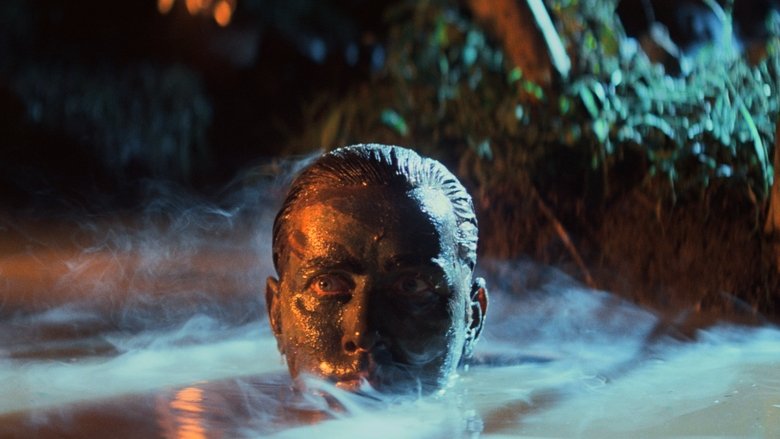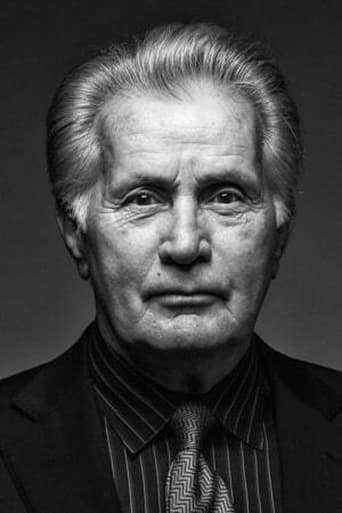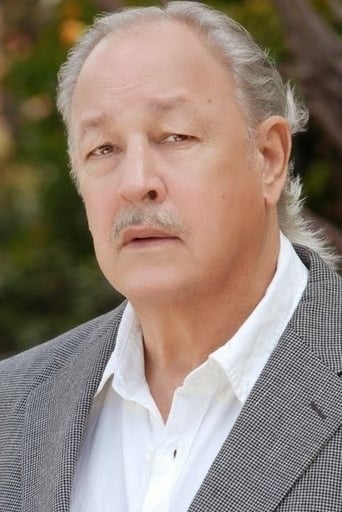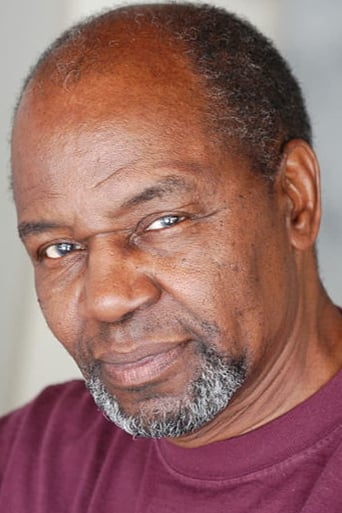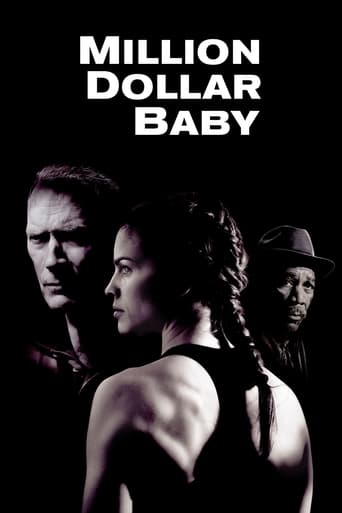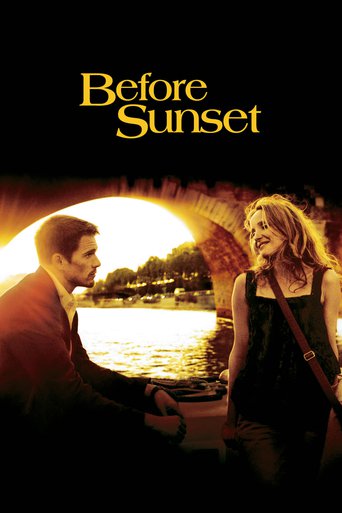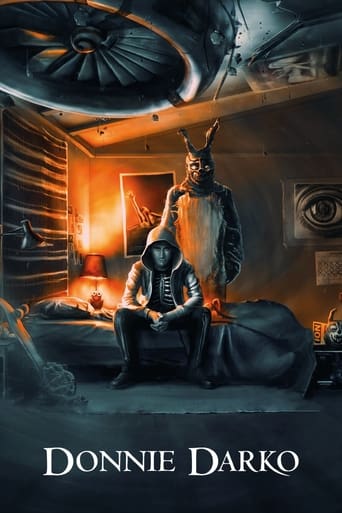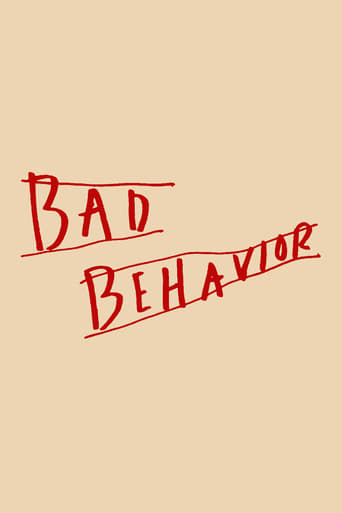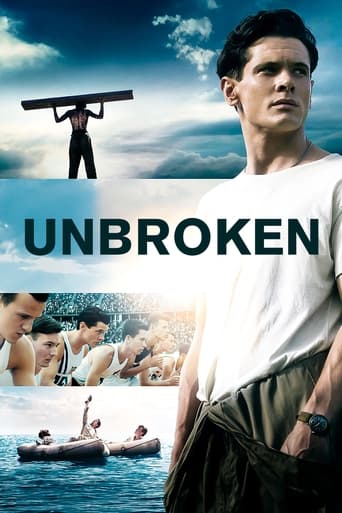Apocalypse Now (1979)
At the height of the Vietnam war, Captain Benjamin Willard is sent on a dangerous mission that, officially, "does not exist, nor will it ever exist." His goal is to locate - and eliminate - a mysterious Green Beret Colonel named Walter Kurtz, who has been leading his personal army on illegal guerrilla missions into enemy territory.
Watch Trailer
Free Trial Channels
Cast


Similar titles
Reviews
Wonderful character development!
That was an excellent one.
Brilliant and touching
At first rather annoying in its heavy emphasis on reenactments, this movie ultimately proves fascinating, simply because the complicated, highly dramatic tale it tells still almost defies belief.
Joseph Conrad's 1899 novella Heart of Darkness was about venturing into the moral depths of colonial Africa. Though it wasn't an immediate sensation, it evidently was not ignored by the literary community. The famous line announcing the antagonist's demise, "Mistah Kurtz-he dead," served as an epigraph to T.S. Eliot's poem "The Hollow Men." Eighty years after Conrad's book debuted, the Coppola film Apocalypse Now hit the big screen. Though lightly influenced by Heart of Darkness, the movie's setting was not the Belgian Congo, but the Vietnam War. And though the antagonist (played by Marlon Brando) was named Kurtz, that particular Kurtz was no ivory trader, but a U.S. military officer who had become mentally unhinged. The book began and ended in the United Kingdom. Though it recounted Marlow's voyage through Belgian Congo in search of Kurtz and is forever linked to the African continent, Conrad's novella began and ended in England. At the story's conclusion, the "tranquil waterway" that "seemed to lead into the heart of an immense darkness" was none other than the River Thames. The well-traveled protagonist, Marlow-who appears in other Conrad works, such as Lord Jim-was based on his equally well-traveled creator. In 1890, 32-year-old Conrad sailed the Congo River while serving as second-in-command on a Belgian trading company steamboat. As a career seaman, Conrad explored not only the African continent but also ventured to places ranging from Australia to India to South America. Colonizing was then, when the book appeared,all the rage . Imperialism-now viewed as misguided, oppressive, and ruthless-was much in vogue when Conrad hit shelves. The "Scramble for Africa" had seen European powers stake their claims on the majority of the continent. Britain's Queen Victoria was portrayed as the colonies' "great white mother." Since the wise magi saw the star in the East, Christianity had found no nobler expression. Conrad, however, did not echo the imperialistic exuberance. He no champion of colonialism, Chinua Achebe-the Nigerian author -delivered a 1975 lecture called "An Image of Africa: Racism in Conrad's Heart of Darkness" that described Conrad as a "thoroughgoing racist" and his ubiquitous classic novella as "an offensive and deplorable book." However, even Achebe credited Conrad for having "condemned the evil of imperial exploitation." And others have recognized Heart of Darkness as an indictment of the unfairness and barbarity of the colonial system. Heart of Darkness managed to ascend to immense prominence in the 1950s, after the planet had witnessed "the horror"-Kurtz's last words in the book-of WWII and the ramifications of influential men who so thoroughly indulged their basest instincts. Coppola's film was based on a terrible misreading of Conrad. Coppola turned a brilliant piece of fiction into a visual disaster. The complex narrative was transformed in ordinary Kitsch. The final scenes, involving Dennis Hopper and Marlon Brando , are lame. What, then, can one see in "Apocalypse Now"? Little more than all the one-sided anti-American, anti-Vietnam-war stereotypes of those times: Wagner's Ride of the Valkyries subtly suggesting that America might be a counterpart to National Socialism); the denunciation of the "Ugly American" alienation; the irony & smartness of metaphors like juxtaposing warfare and surfer-safaris ; and so on. Hardly "the most honest account of the futility of war." A better description is "a schizophrenic approach to the randomness of guerrilla warfare." An ambiguous fantasy. But people are welcome to read into it any way they want.
I love this film. I've read the book it was based on, watched all the extras on the DVD, and the documentaries about its making. And the more I know about it the more I love it. Its hard to realise how ground breaking (technically) and controversial it was at the time (due to its subject matter, but also due to cost), and how difficult it was to make. All of it which made its name at the time, but its reputation now is based on the film, which still works today, with some epic set pieces, and excellent depiction of the lunacy of the Vietnam war, and a flawed, but still interesting, journey into the madness and immorality of war in general.
Apocalypse Now is not your average Vietnam war film. It isn't about all the politics behind the war, it focuses on the individuals in the war. The plot, adapted from Heart of Darkness, is somber and intriguing. At times this movie drags, and, at other times, it is too mad for its own good. However, you can't deny it's a wonder of filmmaking.
No other movie captures the cataclysmic mammoth destruction the unmitigated grotesque annihilation chaos and mayhem atrocity the savage barbaric and mammoth disproportionately spectacular explosive totally bloody violent gruesome unparalleled nasty volcanically unstable catastrophic destruction and devastation and desolation of war


